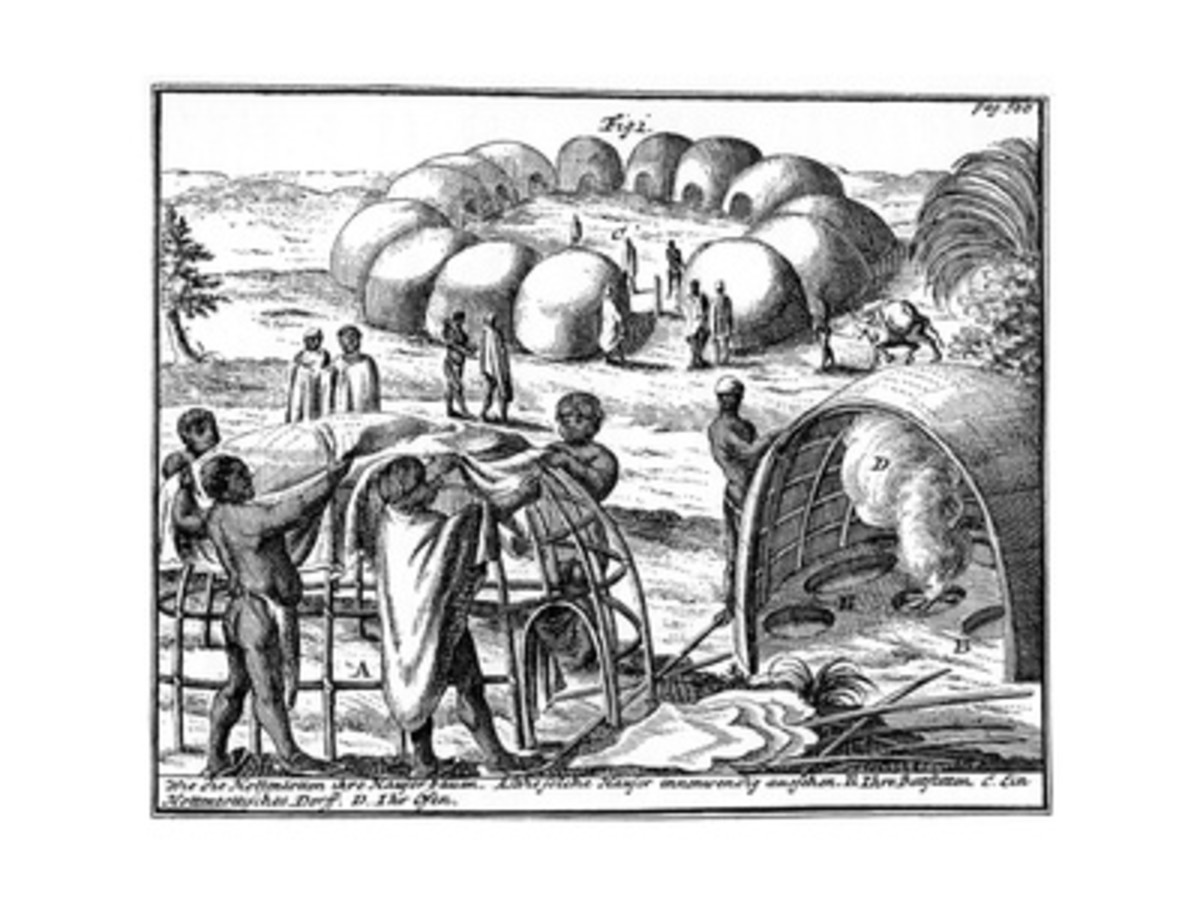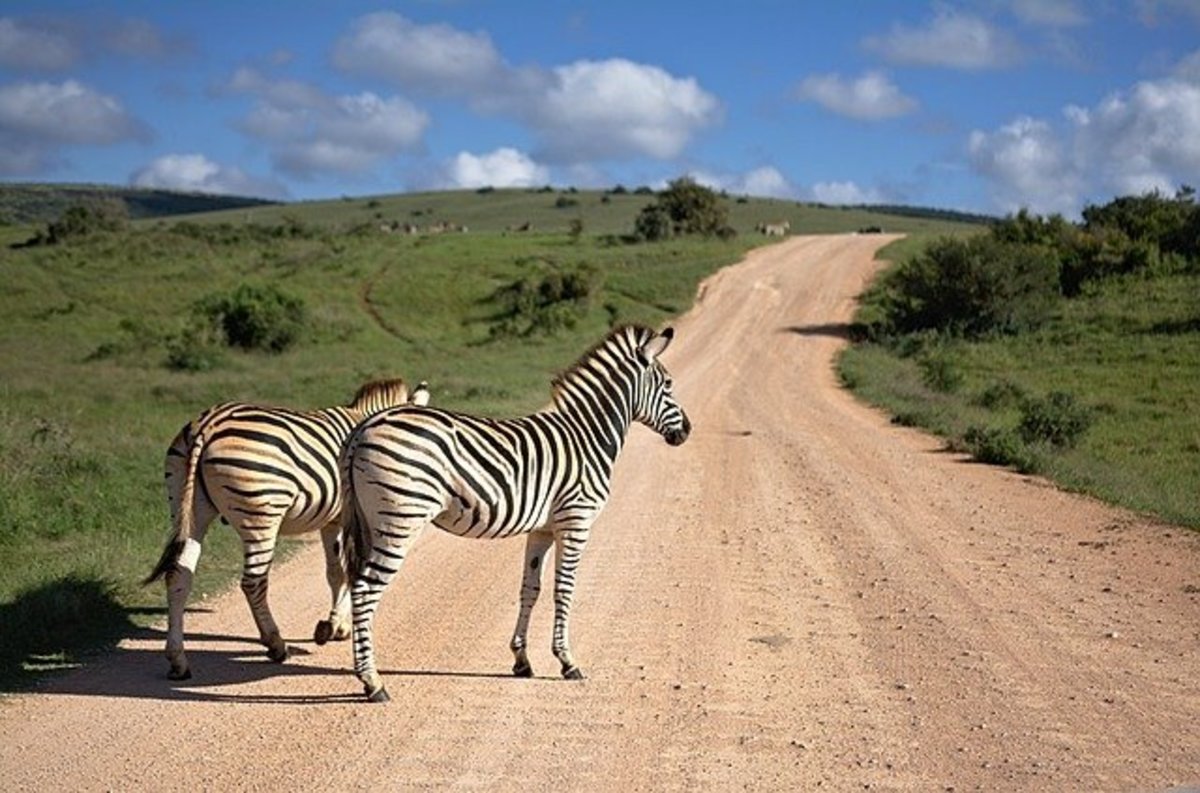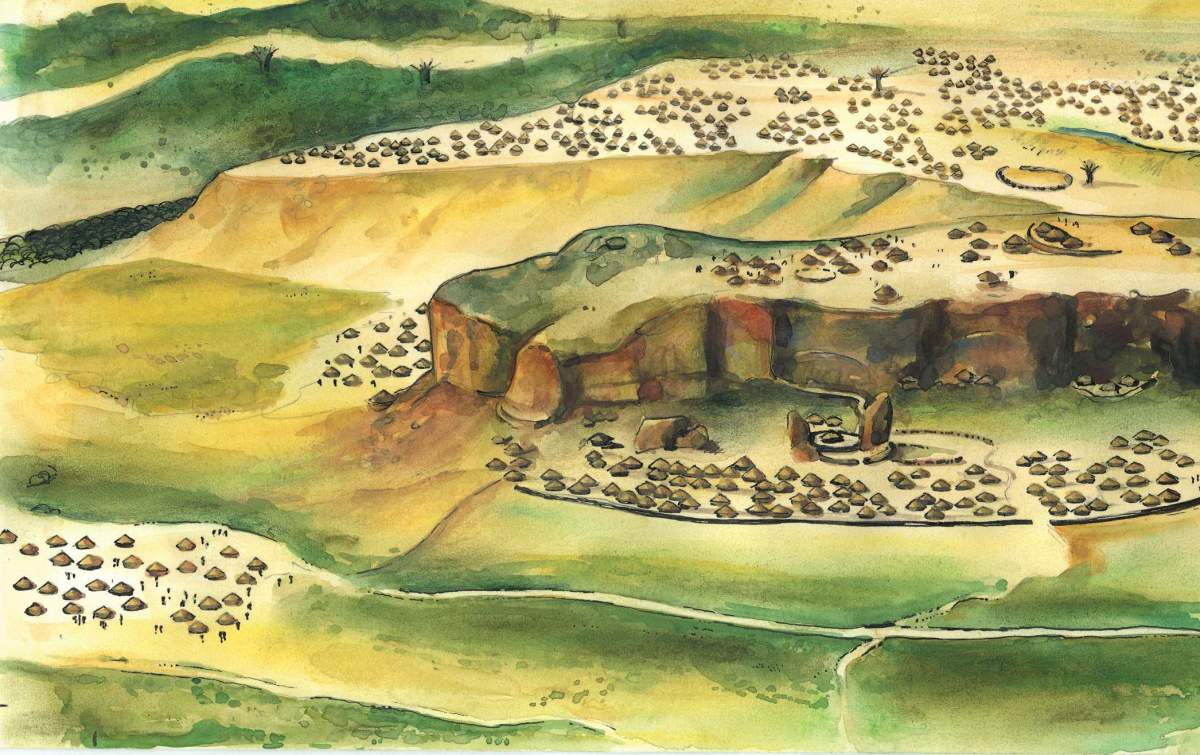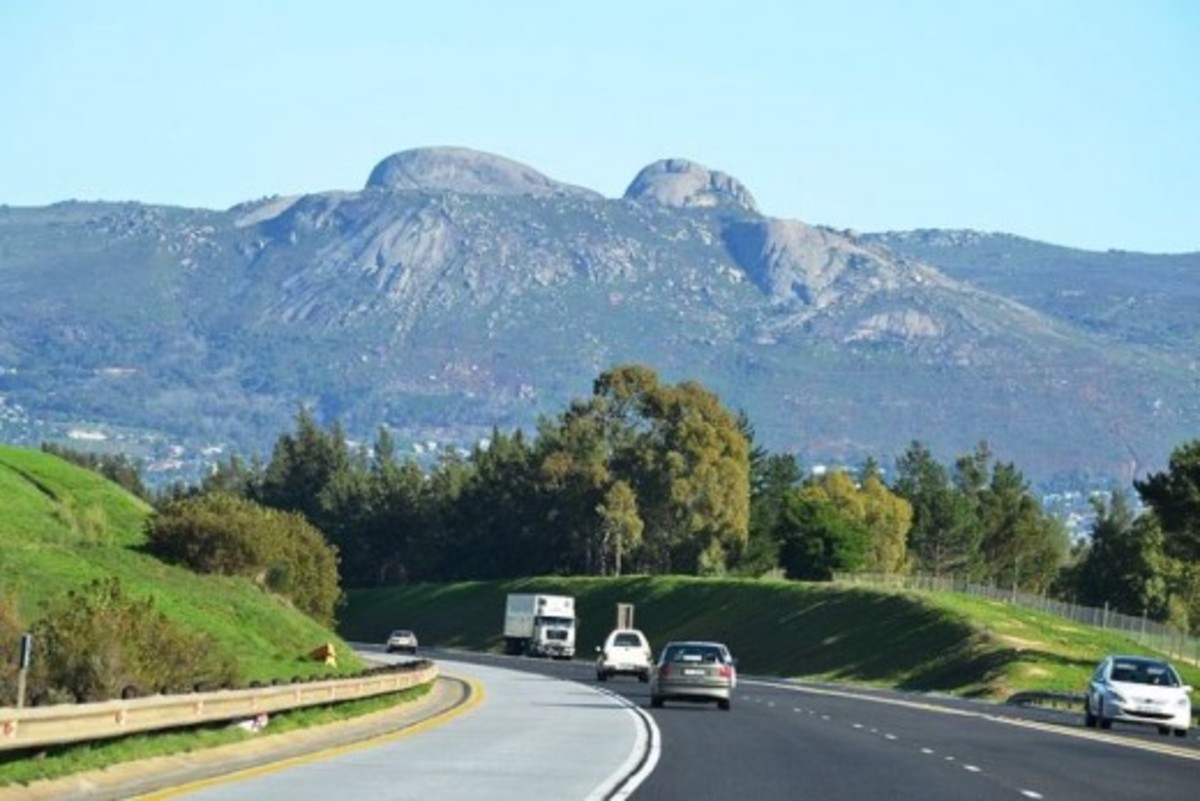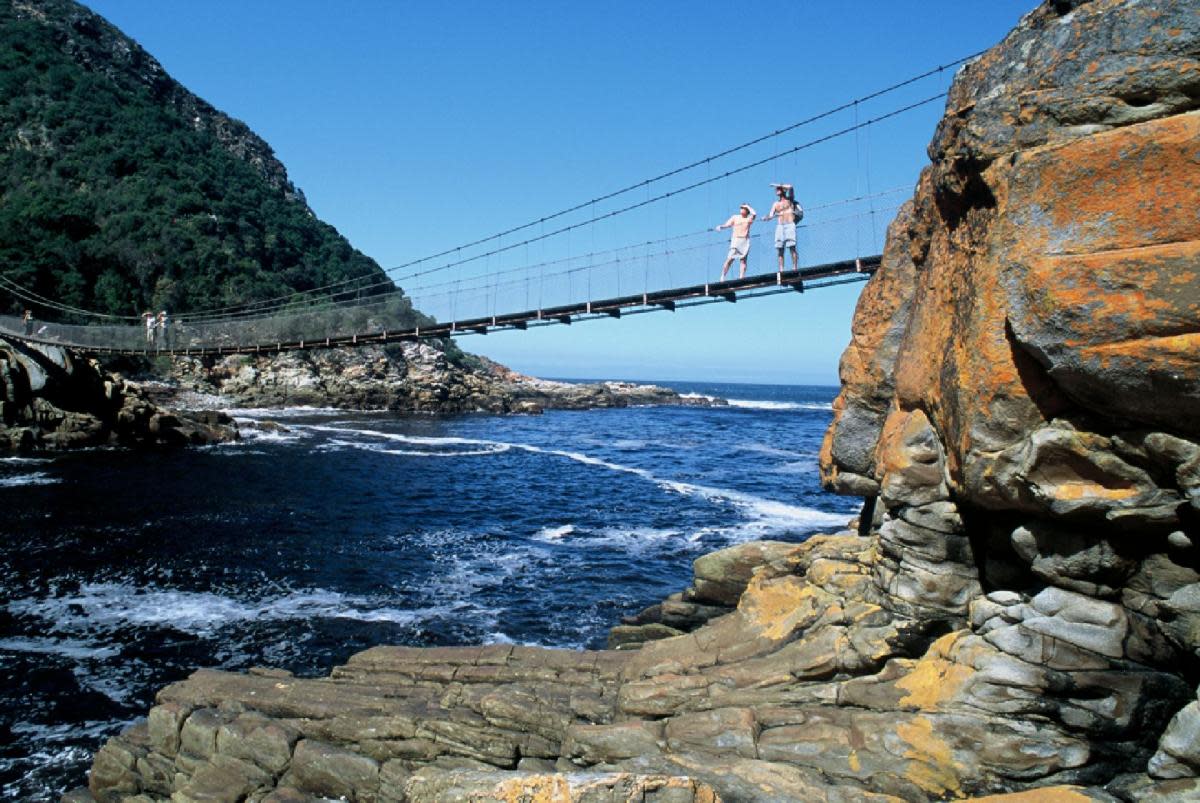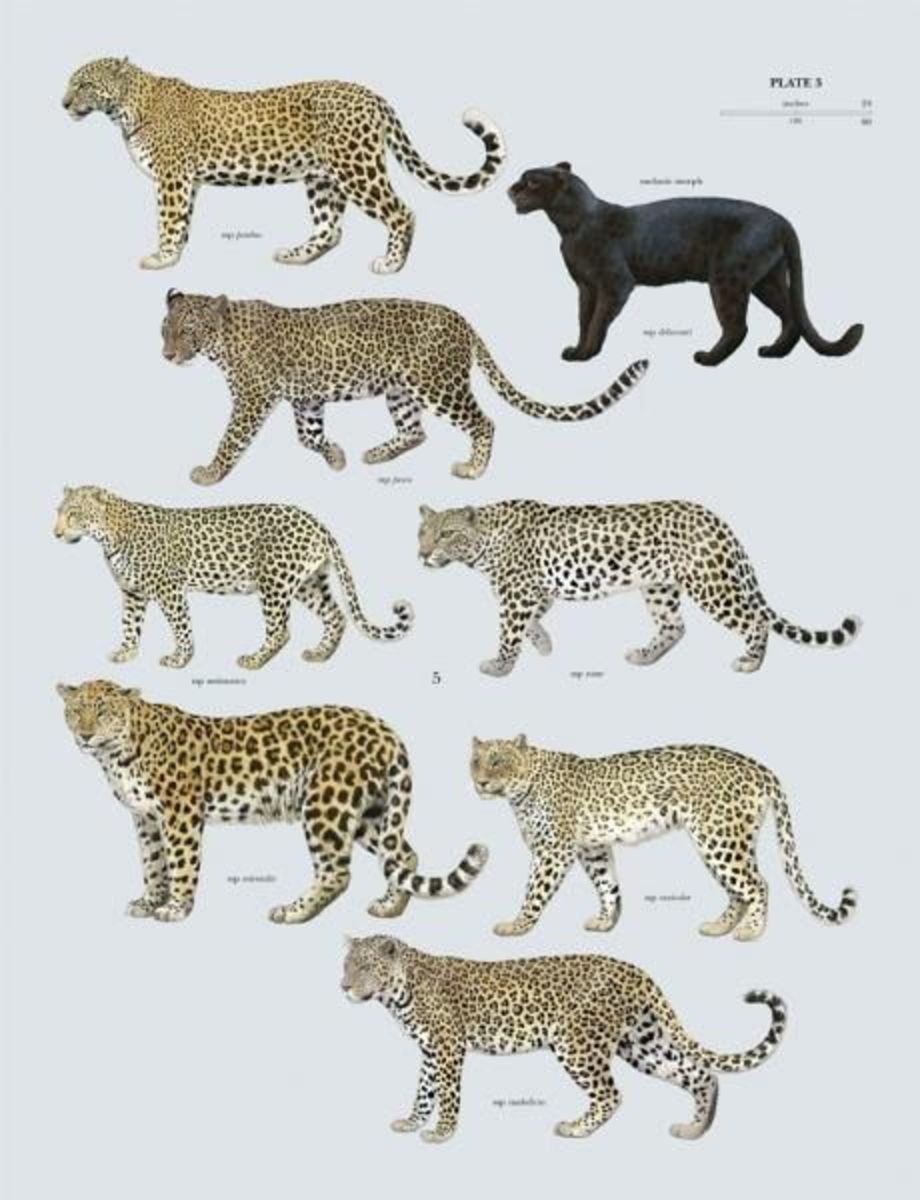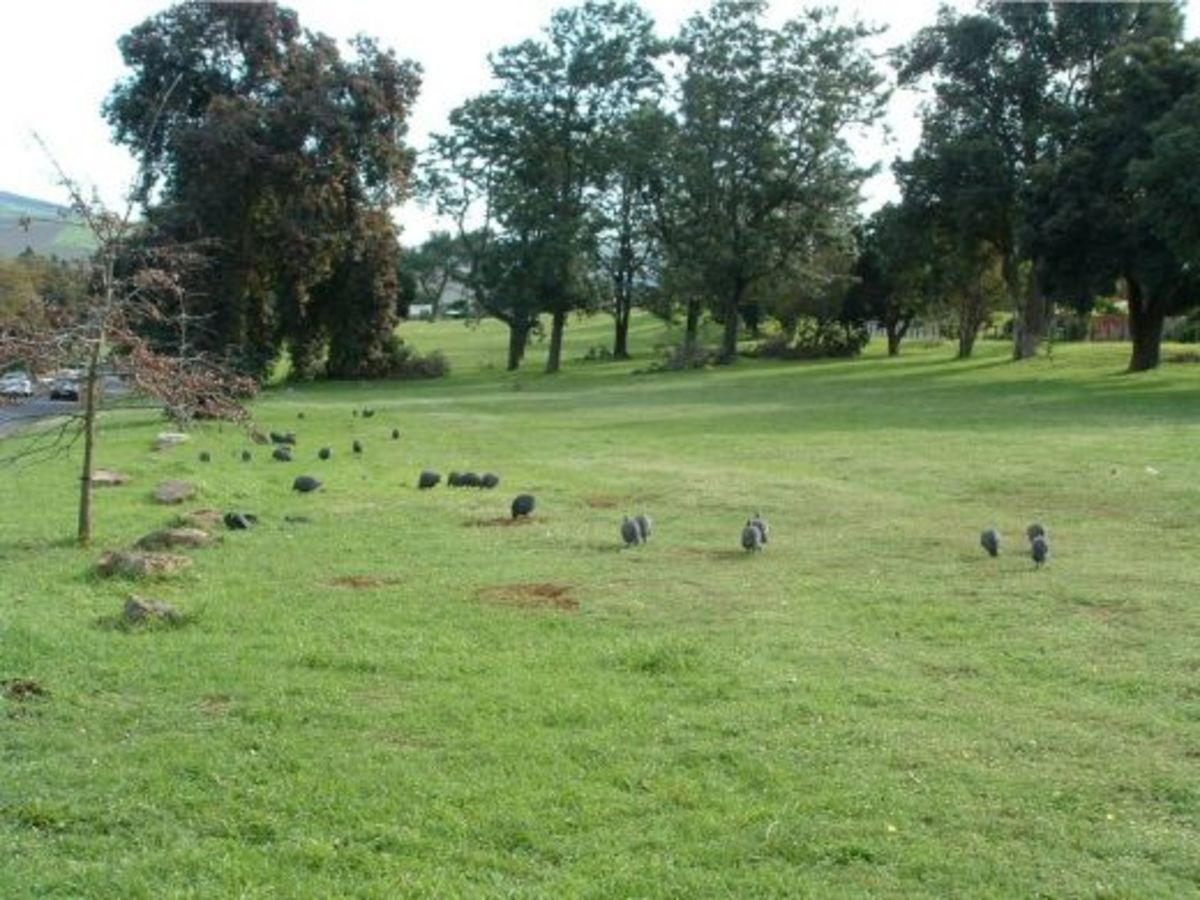- HubPages»
- Travel and Places»
- Visiting Africa»
- Travel to Southern Africa
African Landscapes from South Africa:The Primates
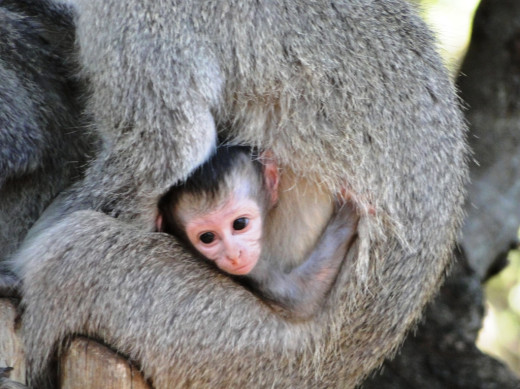
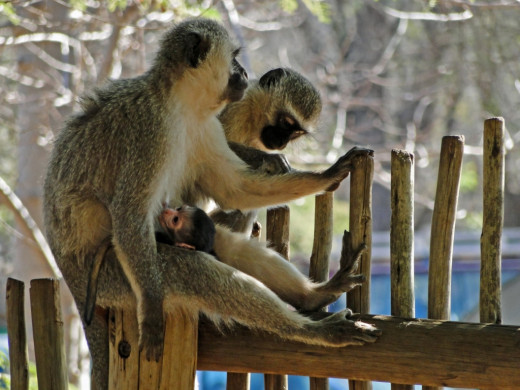
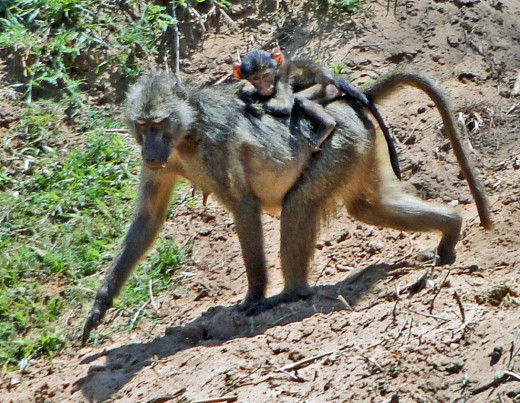
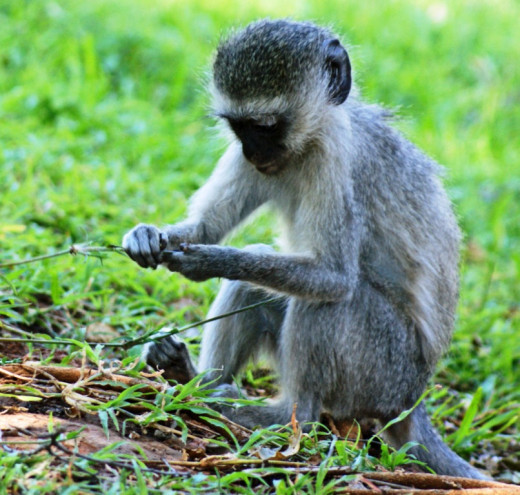
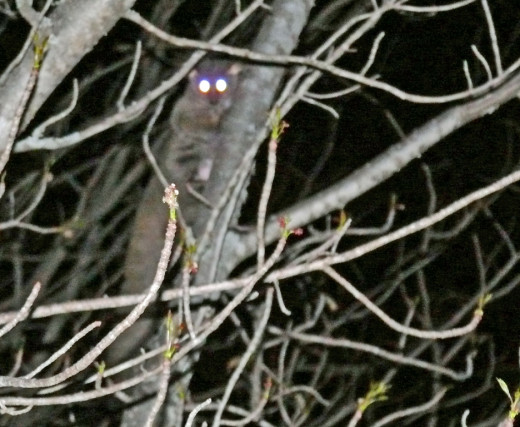
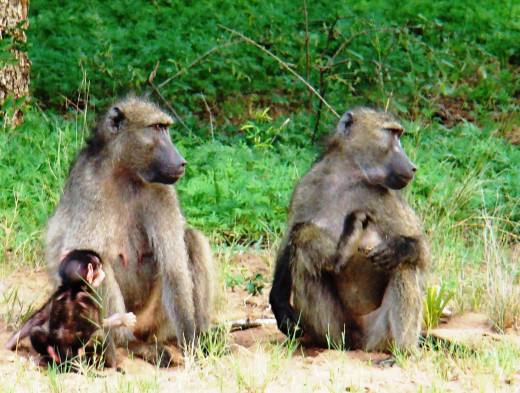
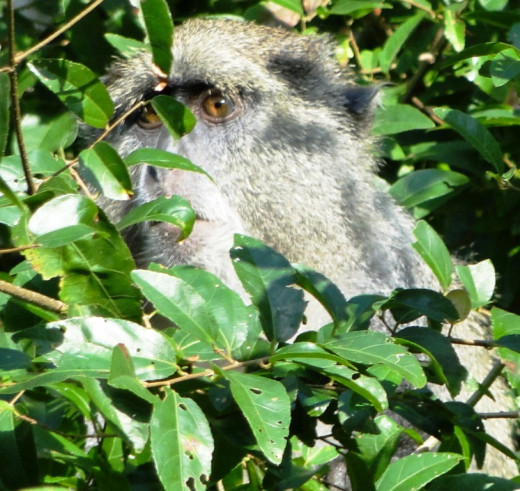
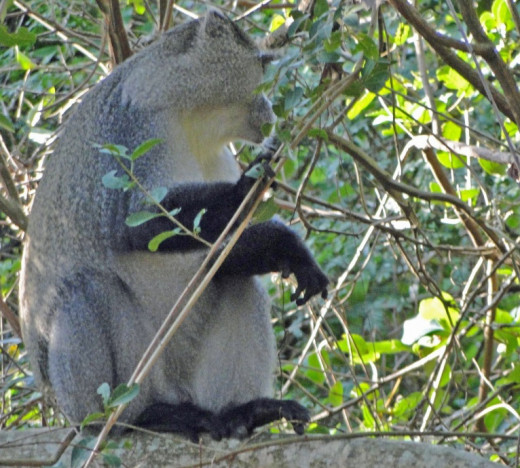
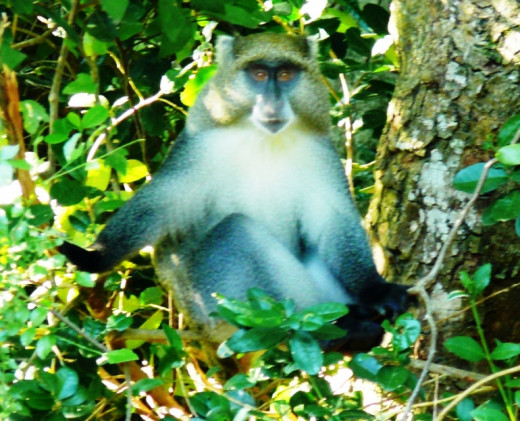
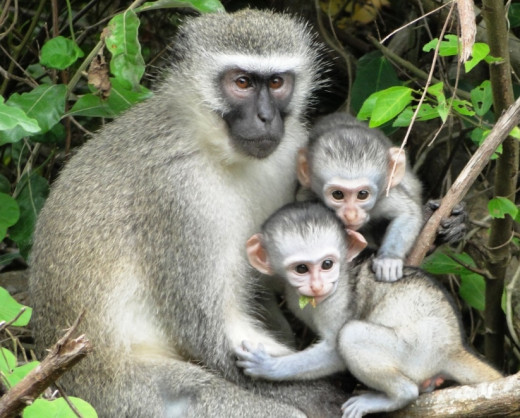
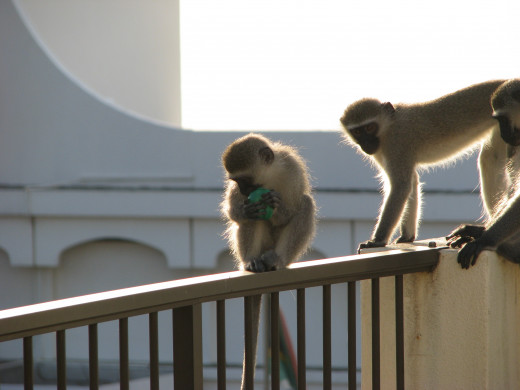
Not Monkey business
We, as humans, fall in the general classification as Primates but this article will deal with what is known as NHPs (non-human primates) and specifically with the five species found in South Africa. Further north in Africa the Gorilla species has captured the imagination of the world and has been the subject of many programs on National Geographic and other wild life features.
It is interesting to note that North America has no indigenous NHPs. In the Florida forests and swamps some escapees from when the Tarzan movies were filmed in the 1930’s have produced a breeding community.
The question of using Monkeys and Apes in laboratory experiments has been ongoing issue and organizations such as the “Great Ape Project” has fought for legal rights for NHPs. Due to loss of habitat and capturing and selling of Monkeys and Apes some 21 species are listed as critically endangered. Not too long ago the Miss Walden’s Red Colobus was declared extinct when researchers could not find any between 1993 and 1999.
Some countries seem to be showing an increase in the desire for people to keep monkeys and Apes as pets. In the USA on the black market some monkeys can fetch a price of up to $3000 and Apes $30000.
In South Africa we have five species ranging from the large Chacma Baboon to the small Lesser Bush Baby. These can be seen in farming and wilderness areas and especially in the Game Reserves. The Vervet Monkeys also live in towns with forest areas and can prove to be a big problem as they raid homes looking for food. Obviously feeding any of these animals encourages such behaviour and exacerbates the problem.
The Chacma Baboon: lives in any wilderness area but also on large farms where they forage for food in troops, often consisting of between 5 and 30 members. They are mainly terrestrial but will also climb trees to find fruit and insects. They will turn over stones looking for a tasty morsel and often prove to be pests to farmers as they raid farming lands for pumpkins and other vegetables.
Watching a group of Baboons can be very entertaining as they behave very much like humans; playing, fighting and feeding the young. Mothers often carry the young either perched on their backs or hanging on under their stomachs. The troop has a leader who protects his family and when moving about keeps a watchful eye for possible predators. Leopards and Cheetah are fond of a Baboon steak.
In Game Reserves you can get quite close to a troop as they have become comfortable with motor cars close by and do not see them as a threat. In farming areas they are less confiding and will head for the closest hills if you stop your car. They have learnt from experience that farmers will hunt for them from vehicles so as to discourage their vegetable raids.
Vervet Monkeys: are really cute looking monkeys but can be a real problem in urban areas where they have learnt to find food in houses and flats. Watching carefully from the surrounding trees they pounce as soon as everyone has left. An open window is an invitation to look for bread, fruit or anything else that might catch their eye.
In Game Reserves you have to lock everything away and close windows and doors of your accommodation and motor car. Even if you turn your back to carry your suitcase into the bungalow a watching Vervet may dive into your car and grab a bag of fruit or sweets and make off with it.
Vervet monkey share the same habits as Baboons and it is interesting to watch the family interacting because their behaviour is very ”human”. They are,in contrast to the Baboons, tree dwellers and swing with great ease from branch to branch and seldom are seen on the ground.
Samango Monkeys: also known as Sykes Monkeys are rarer than the Vervet monkeys. Their habitat is thick forest and like the Vervet can become a nuisance to campers in places like Sordwana National Park in Kwa-zulu Natal. Bigger and more aggressive, they will defend their territory with their big teeth.
At the Sordwana National Park guards are available to look after your camp ground while you go out fishing or diving in the beautiful waters of the Indian Ocean. If your site is left unguarded for the day the monkeys will have explored your camp, even opening cooler boxes or fridges, with no respect for your property.
Bush Babies: These are small primates that live in trees and are nocturnal. If you are camping in some of the northern camps in the Kruger Game Reserves, you can hear them calling at night and moving in the trees above your tent. They are cute little animals with bushy tails and large eyes that are designed to see in the dark. In Afrikaans they are called "Nagapies", which means "night monkeys".
There are two types; the larger Thick-tailed Bush Baby and the smaller Lesser Bush Baby. You are more likely to hear them than see them, but a walk in the camp at night with a torch should reward you with the big eyes staring at you from the branches.
Baboons, Monkeys and even Bush Babies make up an interesting part of the Primate landscape of the African wilderness and will be certain to entertain. Don’t, however,even think of feeding them and remember to lock away your food!
Source:Wikipedia
The Wild Life of South Africa

